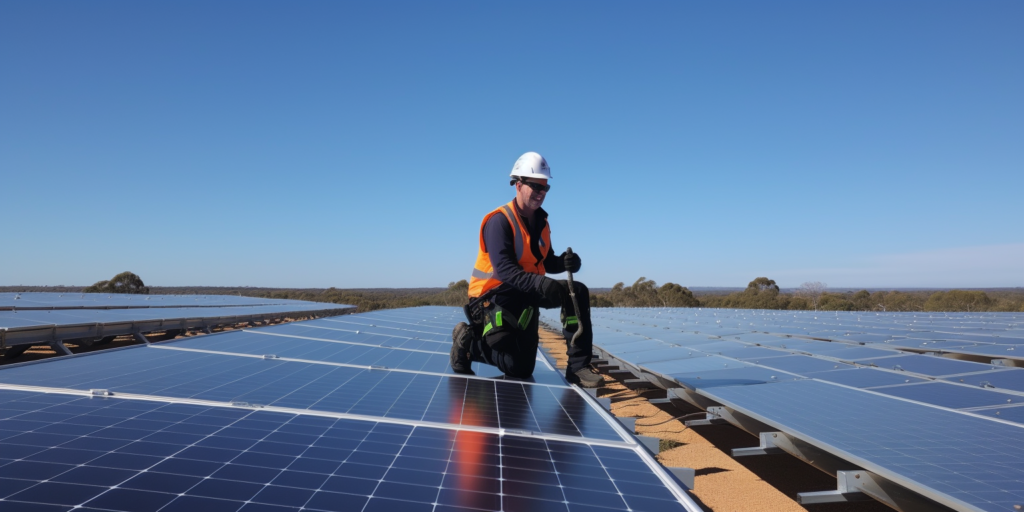
NOLA Solar Power
Schedule YourFree Consultation
Residential Solar Systems
Key Takeaways
- Residential solar systems offer numerous benefits, including cost savings and environmental sustainability.
- The evaluation process for solar installation involves assessing roof size and orientation to determine the best system design.
- Accessible financing options such as solar leases, power purchase agreements, and solar loans make solar systems more affordable for homeowners.
- Incentives and tax credits are available to offset the upfront costs of investing in a solar system.

Understanding the Basics of Home-Based Energy Production
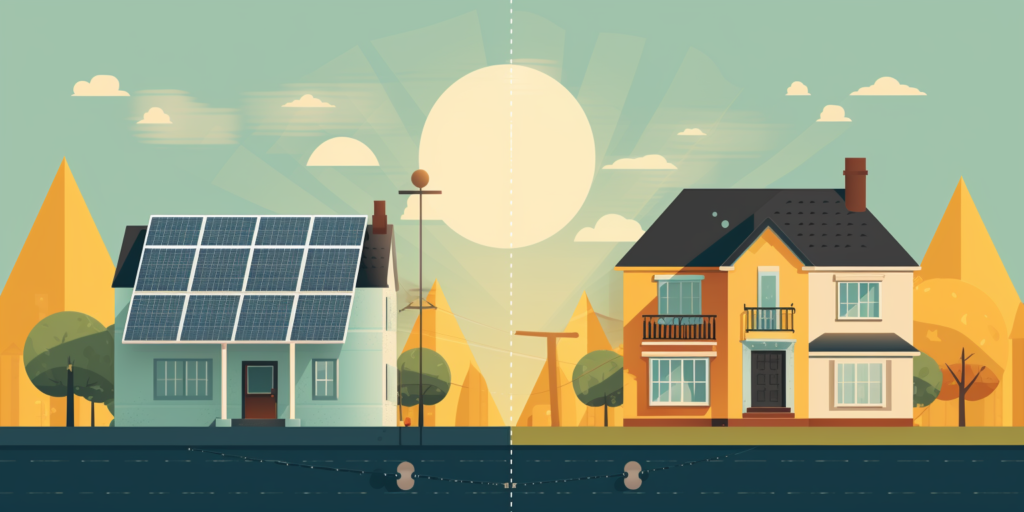
Understanding the basics of home-based energy production is essential for anyone considering a residential solar system. This includes realizing the benefits of such a system, such as saving money and contributing to environmental sustainability. It’s important to know that the solar installation process is not as intimidating as it may seem. It involves evaluating your home’s suitability for solar, considering factors like roof size and orientation. Once you’ve determined that your home is suitable, a chosen installer will design a system specifically tailored to your home and energy needs. In terms of financing, there are now more accessible options available than ever before. These include solar leases, power purchase agreements, and solar loans. These financing options make it easier for homeowners to afford a solar system. Additionally, there are incentives and tax credits available that can even allow you to earn money back. Investing in a residential solar system is not just an investment in your home but also in a sustainable future. This is something to take pride in and be proud of.
The Mechanisms Behind Sun-Powered Energy
The mechanisms behind sun-powered energy are fascinating. One of the key processes involved is photovoltaic conversion. This process allows us to capture solar radiation, which is essentially abundant sunlight, and convert it into usable electricity. Solar panels play a crucial role in this process. They absorb photons from solar radiation, which in turn creates an electrical charge within the panel’s cells. This electrical energy then flows through an inverter, which converts it from direct current (DC) to alternating current (AC). It is this AC power that can be used to power your home. By installing a residential solar system, you not only save on electricity costs but also tap into a virtually endless source of energy right from your own backyard.
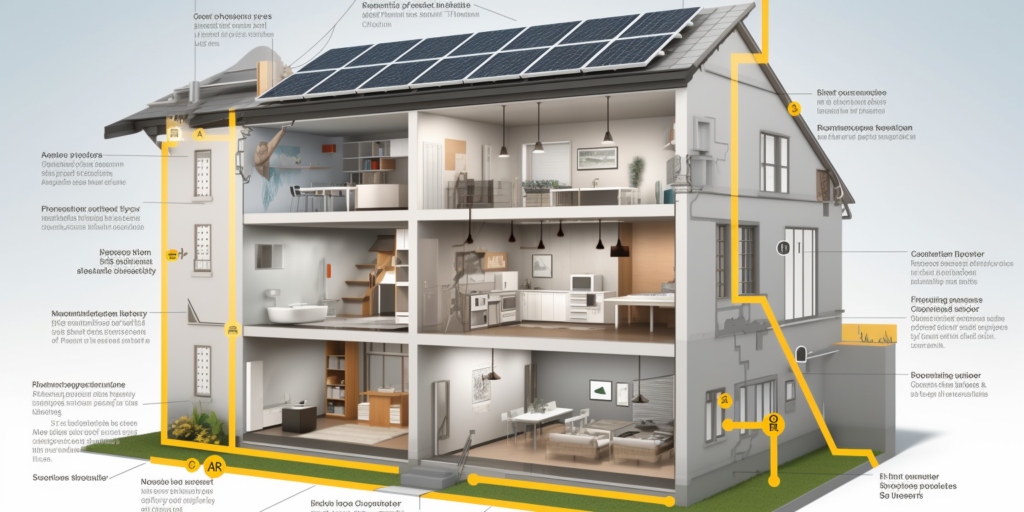
Evaluating Potential Energy Savings
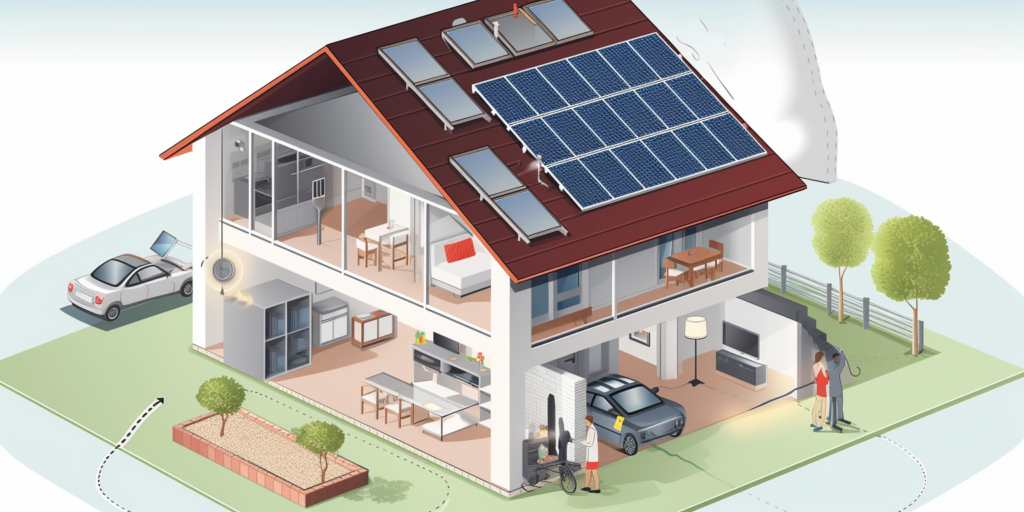
Consider the potential savings when your monthly power bill takes a nosedive because you’re harnessing the sun’s energy right from your own home. It’s not just about the eco-friendly advantages but also the notable reduction in your energy expenses. But don’t forget, it’s imperative to evaluate the initial installation costs and the overall return on your investment. Moreover, remember to factor in government incentives available for residential solar systems. They can significantly offset the upfront costs, making solar power a more financially viable option for you. Always do your homework – compare prices, check out different solar providers, and understand the potential savings on your power bills. With careful planning, you’ll see how going solar could be the best decision for your home and your wallet.
Environmental Impact of Switching to Renewable Energy
Switching to renewable energy might just be the most earth-shattering decision you could make for our planet. By installing a residential solar system, you’re not only saving money but also significantly reducing your carbon footprint.
Remember, your choices influence waste management improvement, too. With less waste from traditional energy production methods, our landfills breathe a sigh of relief. So, consider the environment before you flip that switch. It’s high time to join the renewable energy revolution!
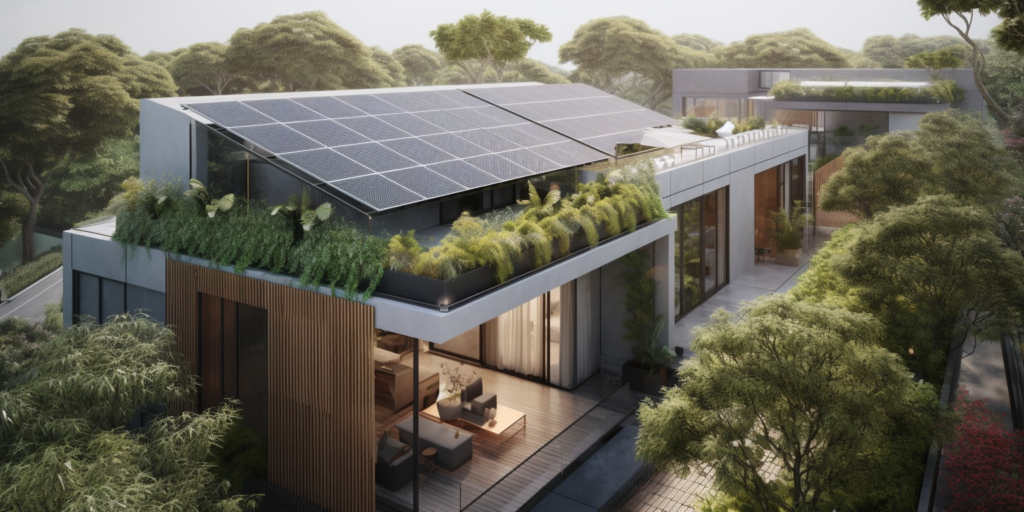
| Benefits of Switching to Renewable Energy | Examples | Impact |
|---|---|---|
| Carbon Footprint Reduction | Less fossil fuel usage | Lower greenhouse gas emissions |
| Waste Management Improvement | Fewer waste products from energy production | Less landfill waste |
| Energy Independence | More jobs in the renewable energy sector | Less geopolitical instability |
| Job Creation | More jobs in renewable energy sector | Boost to economy |
Making an Informed Decision: Pros and Cons of Solar Energy
Before you make the leap to harnessing the sun’s power, it’s vital to weigh the pros and cons of this renewable energy source.
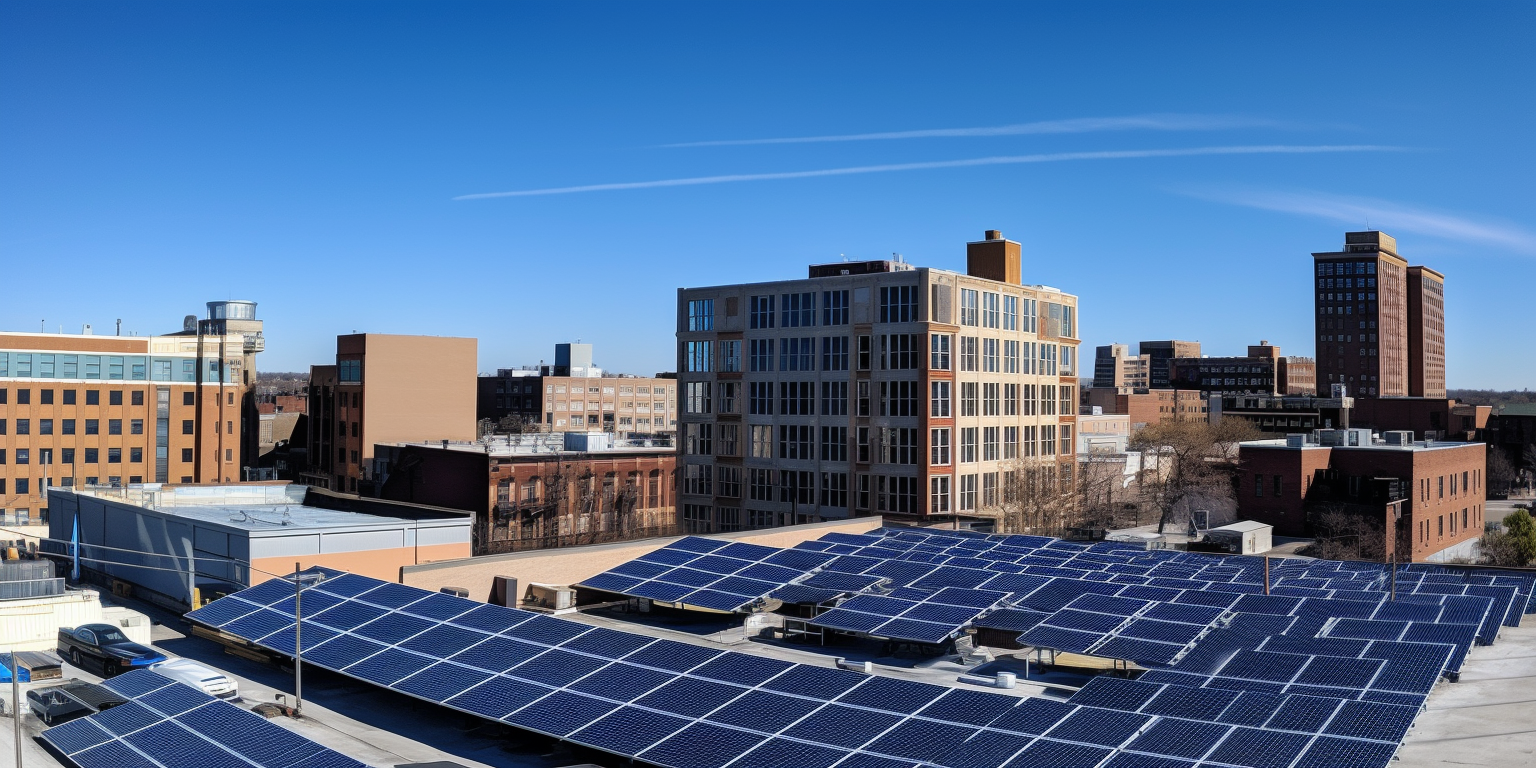
- Pros
- Solar Financing Options: Numerous incentives, grants, and loans make solar energy financially appealing. Homeowners can choose from leases, power purchase agreements, or solar loans to fit their budget.
- Environmental Impact: Solar energy production emits no harmful pollutants, making it an eco-friendly choice.
- Cons
- Maintenance Challenges: While solar panels require minimal upkeep, issues like dust and weather can affect performance.
- Initial Costs: Though solar financing options are available, the upfront costs can still be high.
Understanding both sides helps in making an informed choice about residential solar systems. It’s not just about saving on utility bills but also contributing to a greener world.